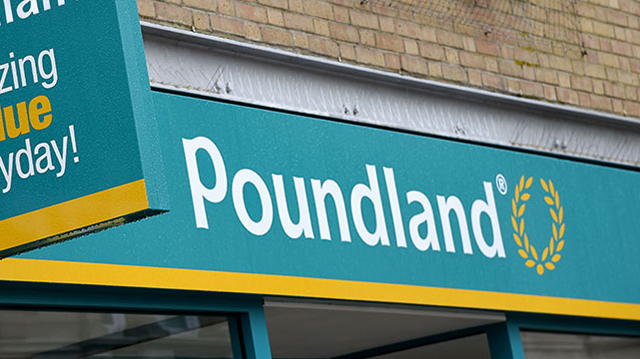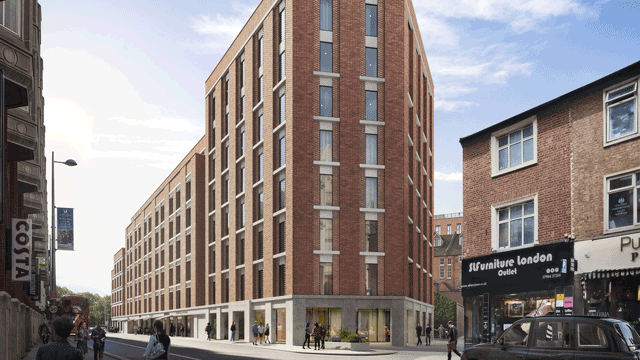At the end of this year, when Paris-based analysts draw up their graph charting inward investment,a significant portion of it will be marked “German”.
As is the case across many of Europe’s mature real estate markets, it is German money thatis keeping total investment volumes for Paris at a respectable level, albeit much lower than in 2007 and 2008.
The latest example of German interest in the French capital is open-ended fund Dekalooking at the Euronext office in Paris’s central business district. The 17,000 m2 asset,in Rue Cambon, owned byFranco-Dutch property company Unibail-Rodamco,was on the market for €200m in April last year, but no deal was done.
However, Paris has already seen several deals involving German buyers recently. Last month, Union Investment paid Standard Life €177m for the 25,400m2 A4Coffice block in the east of the city in an off-market deal. Let to investment bank Natixis on a fixed nine-year lease and located in the Rive Gauche ZAC (zone d’aménagement concerté), the asset exchanged at a net yield of around 6.3%.
Munich-based fund manager GLLhas also been activeinParis, buying a 4,750m2 prime property fromAXA REIM in Boulevard Haussmann for €50.1m at a 5.9% net yield.RREEF also bought a 6,430m2 property in Courbevoie for €24.8m from GE Capital Real Estate.
Union may be the latest in a long line of German purchasers of Paris real estate. But theGerman open-ended fund manager’s activity has not been exclusively limited to large Paris office blocks:ithas also invested in Italian retail, buying a mall near Milan in May.
Paris has accounted for 17% of all investment deals completed by German open-ended funds since 2007.Iryna Pylypchuk,CB Richard Ellis research analyst,says:”Many German funds see Paris as an attractive opportunity owingto its high liquidity and limited development pipeline. Considering the significant correction in values over the past 18 months, interest in the Paris market is not that surprising.”
Commerz Real last month paid GE Real Estate €72m for the 16,400 m2 “Flavia”office block in Ivry-sur-Seine, east of Union’s A4C asset. The building is fully let to French retailer FNAC.Commerz Real, whichwill put the asset in its HausInvest Europa fund, bought at a yield understood to be around 7.5%. It has also recently spent €32.7m on a 3,100 m2 asset in Rue La Pérouse sold by French property company Klépierre. That asset is in Commerz Real’s Euro Office 1 fund.
Paris office purchases by German open-ended funds and spezialfonds in the third quarter of this year totalled around €400m, according to CBRE research.”The funds have become particularly active in the past few months,” says Pylypchuk.
Record investment in 2002
AlthoughGerman open-ended funds haveuntil recently avoidedthe office sector, they have made the Paris sector their main play.German money began to enter Paris at the turn of the century. But transactions involvingGerman moneyreached a record high in 2002, when open-ended funds spent €2.5bn and other German investors spent almost €500m, according to CBRE. The next yearGerman investors spenta further €3.6bn,around €2.9bn of that coming from open-ended funds.
There was, however, clearly a point at which German investors were priced out of the Paris market (see graph). In 2006, when investment in Paris offices reached €17bn, Germans accounted for just €400m. If one was to pick a recent period when conditions favoured German investors, andopen-ended funds in particular, it would be the first half of 2007. Around €1.7bn was spent in those six months alone.
Last year the Paris office sectortook in just€8.5bn fromall investors. Germans accounted for €1.5bn. The first half of this year has seen the return of German money, indicating that thesector is now at a level where acquisitions are deemed possible.










